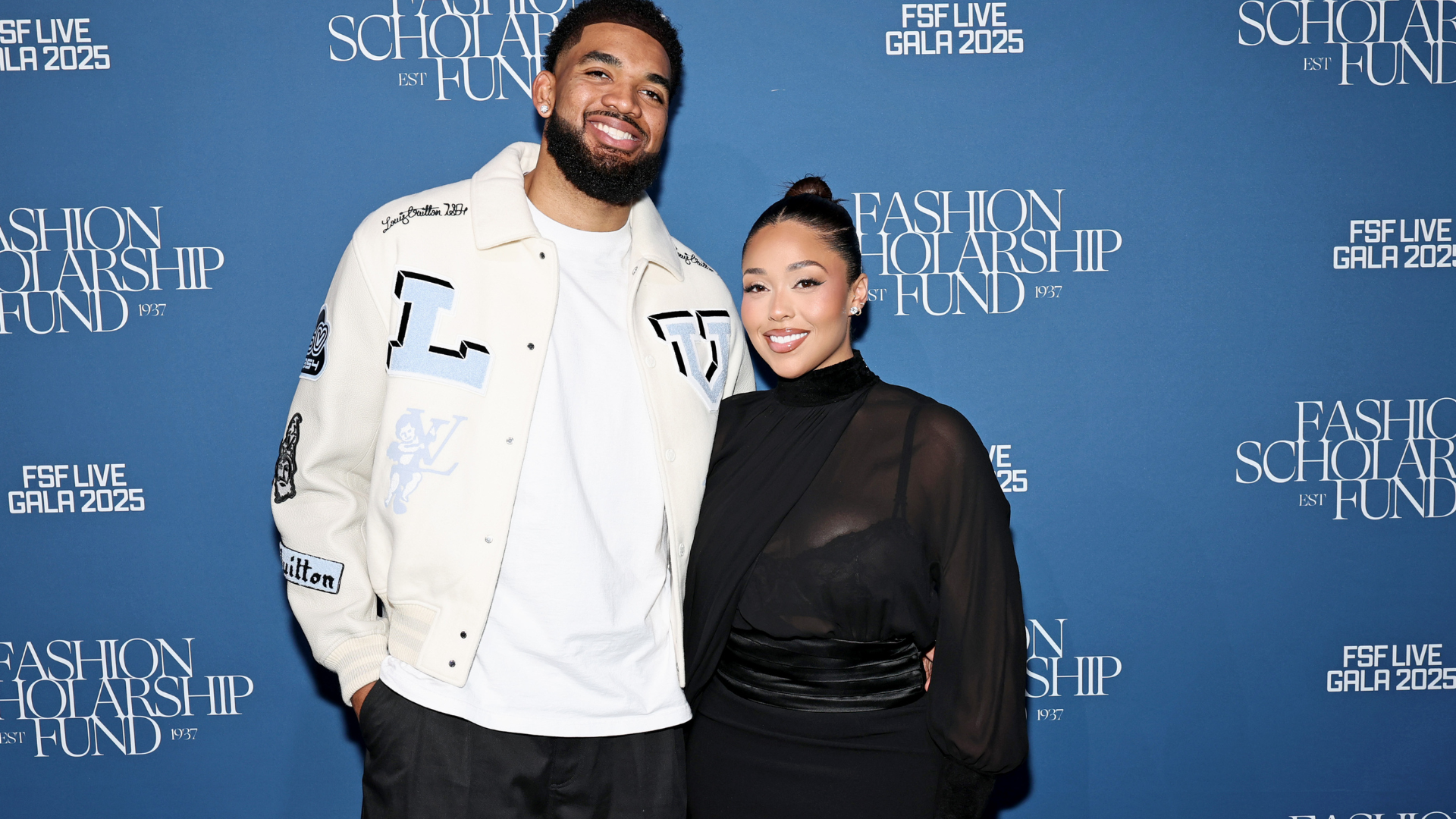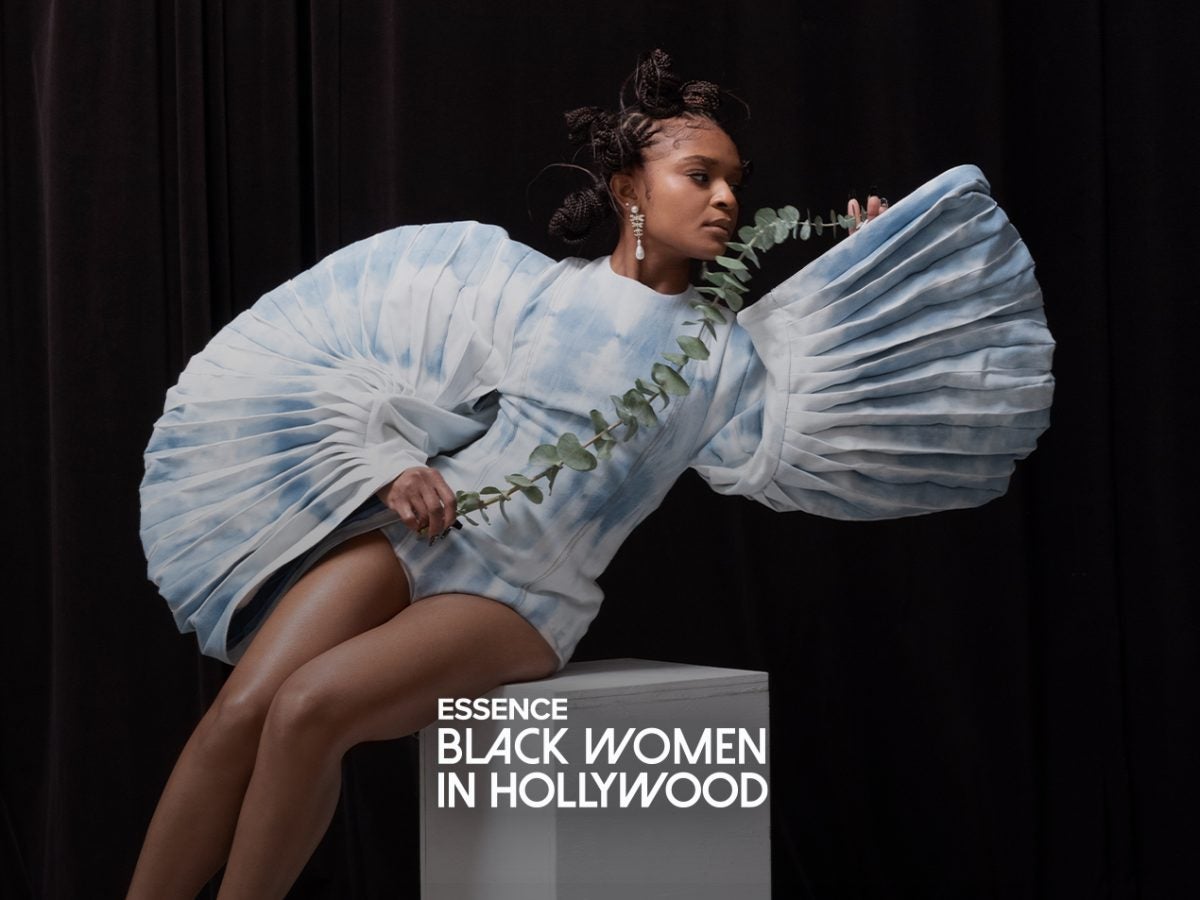
With just three acting credits to her name, Dominique Thorne has already built an enviable résumé, having made her feature-film debut in Barry Jenkins’s If Beale Street Could Talk, with a follow-up role in the biographical drama Judas and the Black Messiah. In 2020, Thorne officially entered the Marvel Cinematic Universe when she was cast as the teen superhero Riri Williams/Ironheart, making her debut as the character in last year’s Black Panther: Wakanda Forever sequel. She admits she took time to consider joining a comic book franchise, the idea of which initially challenged what she had envisioned for her career.
“What came out of that reflection was how brilliant of an opportunity it could be to have representation in this way and present the truth of a young Black female experience in this setting, at this scale, with these resources and with these individuals pouring into it,” she says.
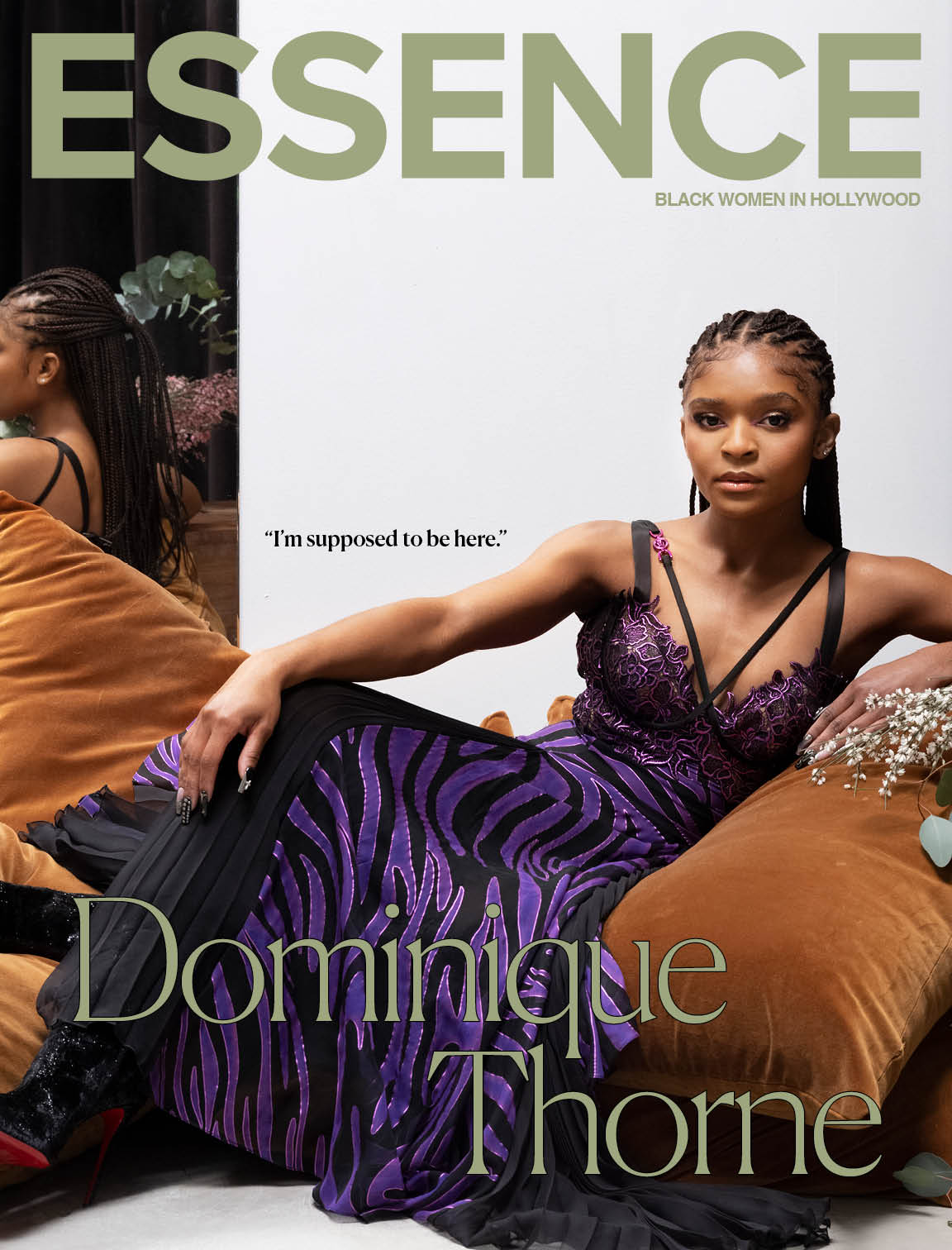
Here, the 2023 Black Women in Hollywood honoree shares her journey of opening herself up to all of life’s possibilities.
Tell us in your own words where your journey as a Black woman in Hollywood began.
Dominique Thorne (DT): Whew. I think my journey begins on the streets of Brooklyn Heights with my mom. She was a babysitter in that neighborhood for the majority of my childhood up until I went to college, and I remember the homes of the kids that she used to babysit is where I would be before and after school. And she would always tell me, “Yes, pay attention to the stark contrast between where we are and where you live, but this is a possibility for you too. A life that looks nothing like the one you’re living is also within your reach. It’s just up to you to make that decision and go after it.”So I think me being able to visualize any dream that is being realized now is a product of her opening my mind up in that way.
When did you know you wanted to be an actress?
DT: In my mind, wanting to become an actor started when I had to apply to high schools because that’s the first time that I said, “Yes, this is what I want to do. I only want to go to performing arts schools.” But the more I talk to family, the more they remind me that this has been something that I’ve been interested in since I was a child. Over the holidays actually, they were reminding me about auditions we used to go on from ads that you’d hear on the radio, back when they still did that. My dad would faithfully drive me to each and every one that we heard. I was probably around nine or 10 at that time, but high school’s when it got serious.
After high school you earned a bachelor’s degree in human development with a minor in inequality studies from Cornell University. How did you make your way back to acting?
DT: Throughout college I was auditioning for films and TV shows through tape. My agents at the time, who are still my agents now, were so supportive of me going to school, but in order to keep that muscle working, they would send me film auditions for tape. That’s really how I even became connected to the film world. I just keep sending out these tapes until I got that first yes.
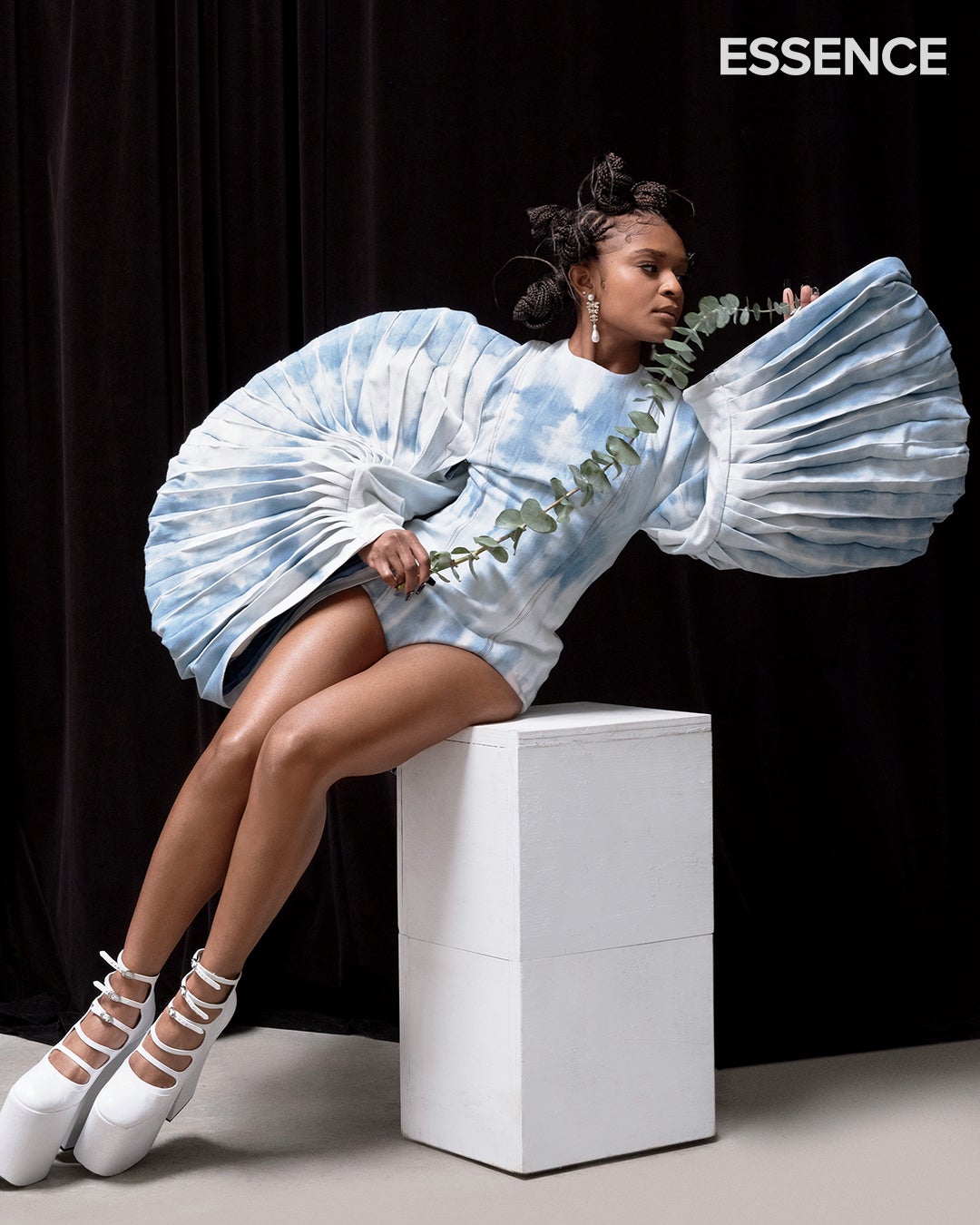
That yes was If Beale Street Could Talk. What do you remember about that experience?
DT: I remember feeling in my spirit first that it was mine. I remember feeling that hunger for it that I hadn’t felt in any other audition that I had done to date. I was so convicted, I guess, by the fact that this was James Baldwin’s words and this would be the first film adaptation of what is truly a love story that was set in New York City. There were so many points at the time that resonated with me that I wanted so desperately to be a part of or to contribute to in some way.
I remember when I did get the yes, the days we had to shoot lined up perfectly with this very random fall break that we had in October, so I didn’t really miss any classes or anything like that, which was wonderful. Across the board from beginning to end, it really felt like a divinely orchestrated event.
And then you followed that up with Judas and The Black Messiah.
DT: That was my first film after graduating Cornell. I was truly in a bit of a debate between what I felt were my obligations at the time, which was to ensure that I could be self-sufficient as a college graduate. I was looking into traditional forms of employment at the time, and I had just come back from Chicago finishing the final rounds of interviews for a company out there and I was being told that the offer letter was on the way. This was the week of graduation.
At the same time, a professor in the Performing and Media Arts Department asked if we could sit down for coffee before I graduate. I had done one play with him my freshman year, then I took two of his classes the following year, and I kind of disappeared after that for the sake of my degree. But during that meeting, he sort of spoke to the Dominique that he met as a freshman who came in all and bushy-tailed and overflowing with joy for performance. And he spoke about how convicted he was by the passion that I had, but also how he understood that I wanted to focus on what were then my obligations.
Hearing me talk about those new obligations, he asked me if I wasn’t deferring yet again my dreams for some supposed responsibility. Who am I truly responsible to, is what the question was. I’m getting goosebumps thinking about it now because he also challenged me to keep a more open mind about the world I would be stepping out into as a young Black performer then in 2019.
At the time, Beale Street had just finished filming. Get Out had just been released and there was a force, I think, of Black brilliance moving through Hollywood that felt and proved to be undeniable and unstoppable at that time. So, these were all the things that he was asking me to reckon with before I crossed that stage and commit to what would’ve then been a 9:00 to 5:00, knowing where my heart was. So, it felt like a true leap of faith at that time to graduate and say no to a job, move back home where my parents were staying, and take the risk of auditioning until I get a yes. But prayerfully, that yes came not too far after graduation, and that was Judas.
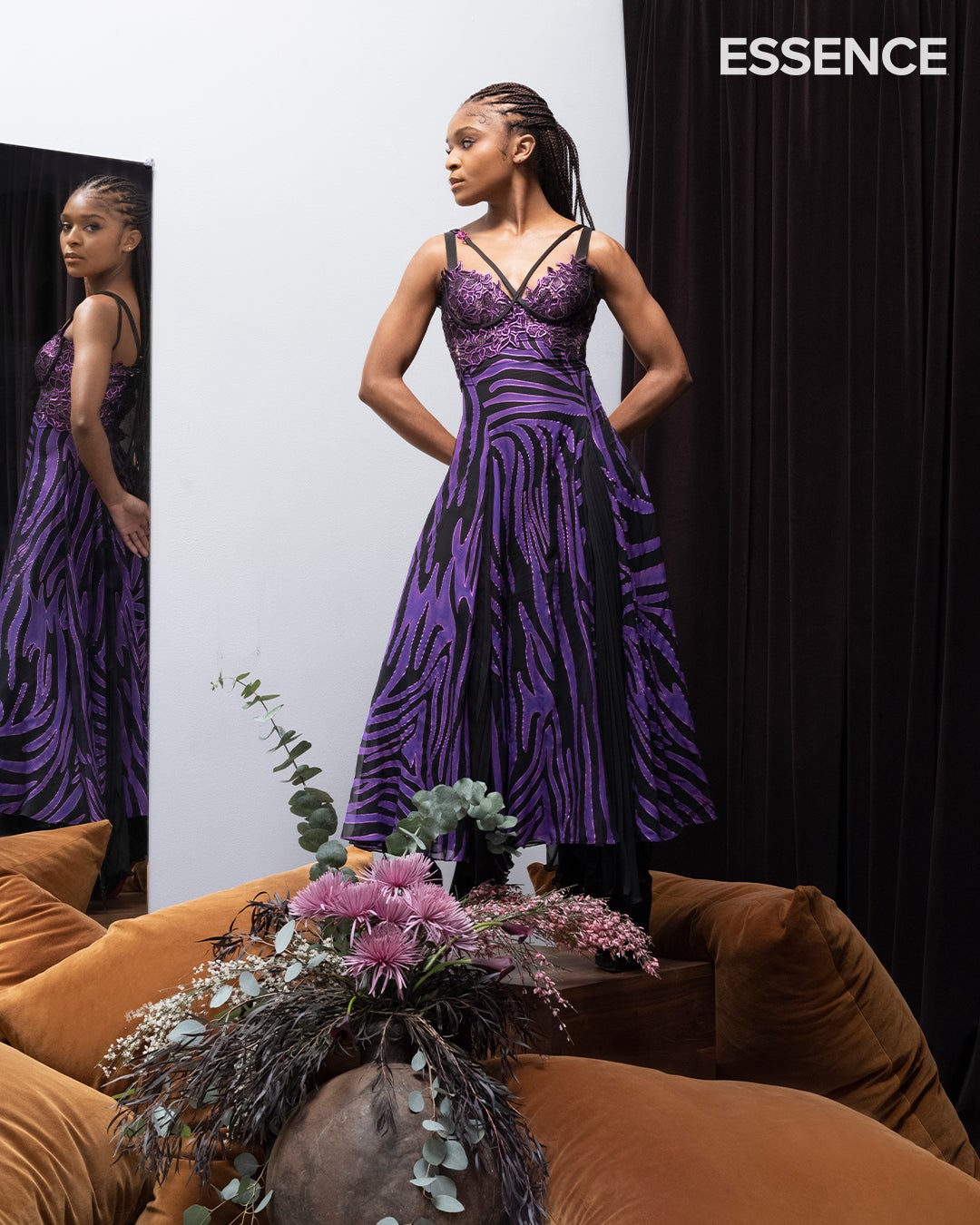
How does your parents being immigrants affect your approach to work and your career?
DT: Something that my dad said always was, “You can do whatever you want to do, just do it well.” So if you’re going to commit to this, just put your best foot forward, essentially.
It’s so funny, because now speaking about Cornell’s reminding me of classes that I took on the relative success of Black students with different backgrounds, be it Caribbean, American or African, and I remember one of the things that they spoke about is are children of immigrants predisposed to some form of grit or hard work that is necessary for people to pick up their lives and move somewhere else on faith alone in most circumstances? And I’ve only begun to think about that in the time since taking that class when I hear questions like this, because then I’m really forced to sit and think about what it meant for my parents, at the time, my mom and my grandmother to come to America and just be like, “Well, let’s see what to do.”
It’s an incredible thing to think that anything that I’m doing now is sort of what they have to show for that risk that they took. And I think that the one thing that I learned, probably not even directly from any one thing that was said to me or taught to me, but I think just from watching how they moved and seeing how they hustled was the understanding that things will work out because they have to. We’re not coming here to fail. We’re not coming here to live a life of suffering, so it’s going to work out somehow. How? That’s really not our concern, especially not since we live by God.
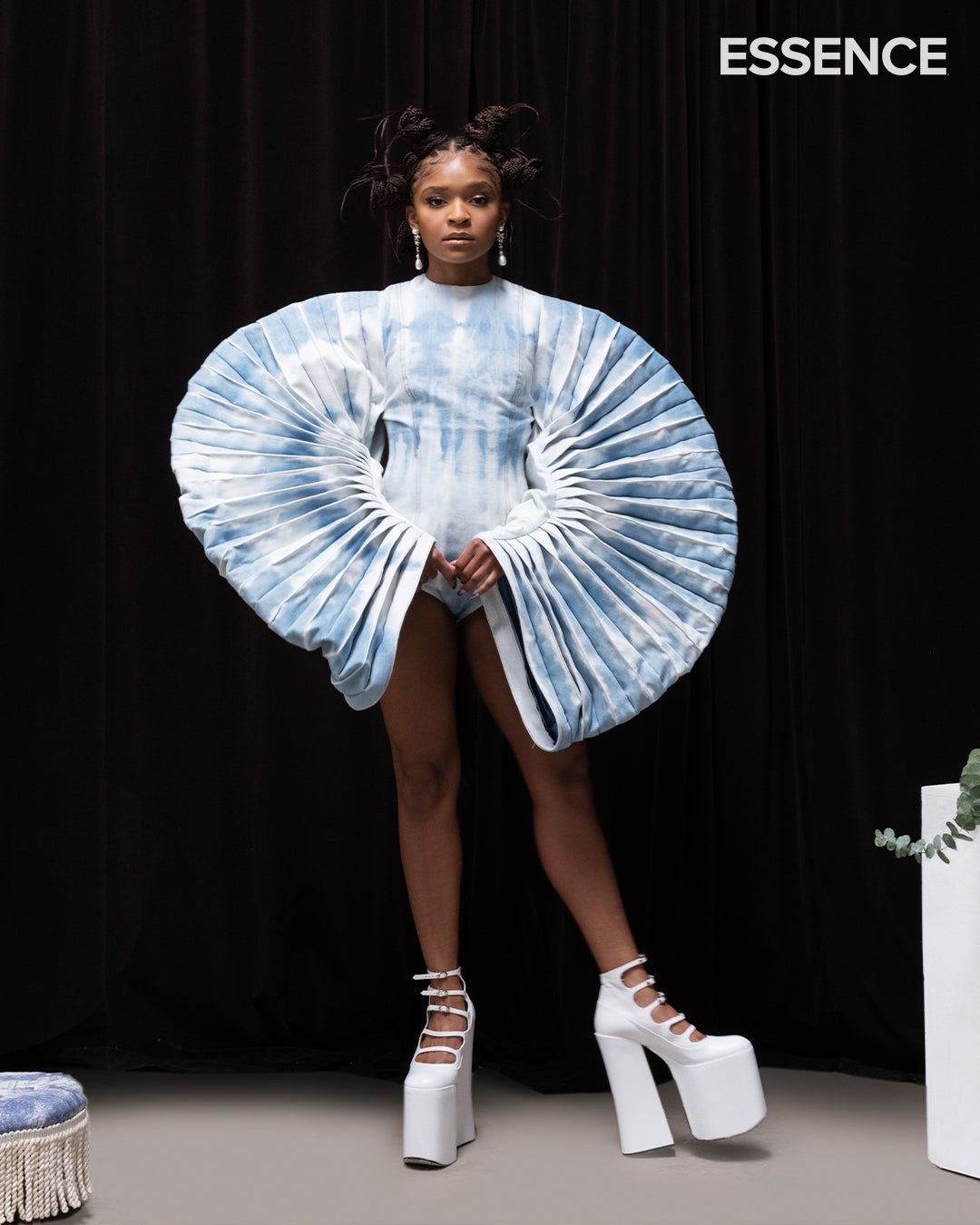
And that’s how you book the Marvel Universe. Tell us about landing the role of Riri Williams/Ironheart.
DT: That role came to me in the form of a phone call, and we praise it. That was my first offer ever for TV or film, which in itself is sort of a mystifying experience because then you start, and especially when it’s a role of this supposed grandeur or scale, to think, do I deserve this? Did I earn this? All the imposter things start to creep into your mind.
But I think the prevailing feeling for me when I did get that phone call was more so in line with the way that I’ve decided to live my life, which is to trust and believe that anywhere I am is because I’m meant to or equipped to be there. I don’t always think that I know why, but I definitely feel like when getting the role for Riri, I was being challenged in a way. It was almost challenging my idea of what my career was supposed to or could have or should have looked like based on the things that I saw and that I enjoyed and that I respected as a aspiring actor growing up and living in New York.
When you think of all of the associations that come from superhero movies or the Marvel Cinematic Universe or this big, flashy Hollywood moment, I think a lot of the base level stereotypes of what it means to do a superhero movie or what it means to be in Hollywood at that scale were definitely in conflict for me. But it was also a healthy challenge because it forced me to really sit and reckon with, again, if I’m a person who says that I believe where I am is because I’m supposed to be here, then what does the presentation of this moment before me mean for me? I have to then consider the fact that, yes, it’s Marvel, but this is also Nate Moore. This is also Ryan Coogler. These are people that I deeply admire and respect in the industry. So again, it was seeing the threads of alignment in the opportunity, if you allow it.
Photographed by Paul Mpagi Sepuya – @pagmi
Styled by Jason Rembert – @jasonrembert
Hair by Alexander Armand using Flourish at OPUS Beauty – @alexander_armand
Makeup by Sage White using Dior Beauty at Celestine Agency – @sage.white
Photography Studio Manager: Nico Dregni
Florals: Sebastian Jamal
Styling Assistants: Kirsten McGovern and Christina Arroyo
Tailor: Irina Tshartaryan
Production Coordinators: Gabriel Bruce, Benjamin Rigby, Alaura Wong
Production Assistant: Jordan Mack

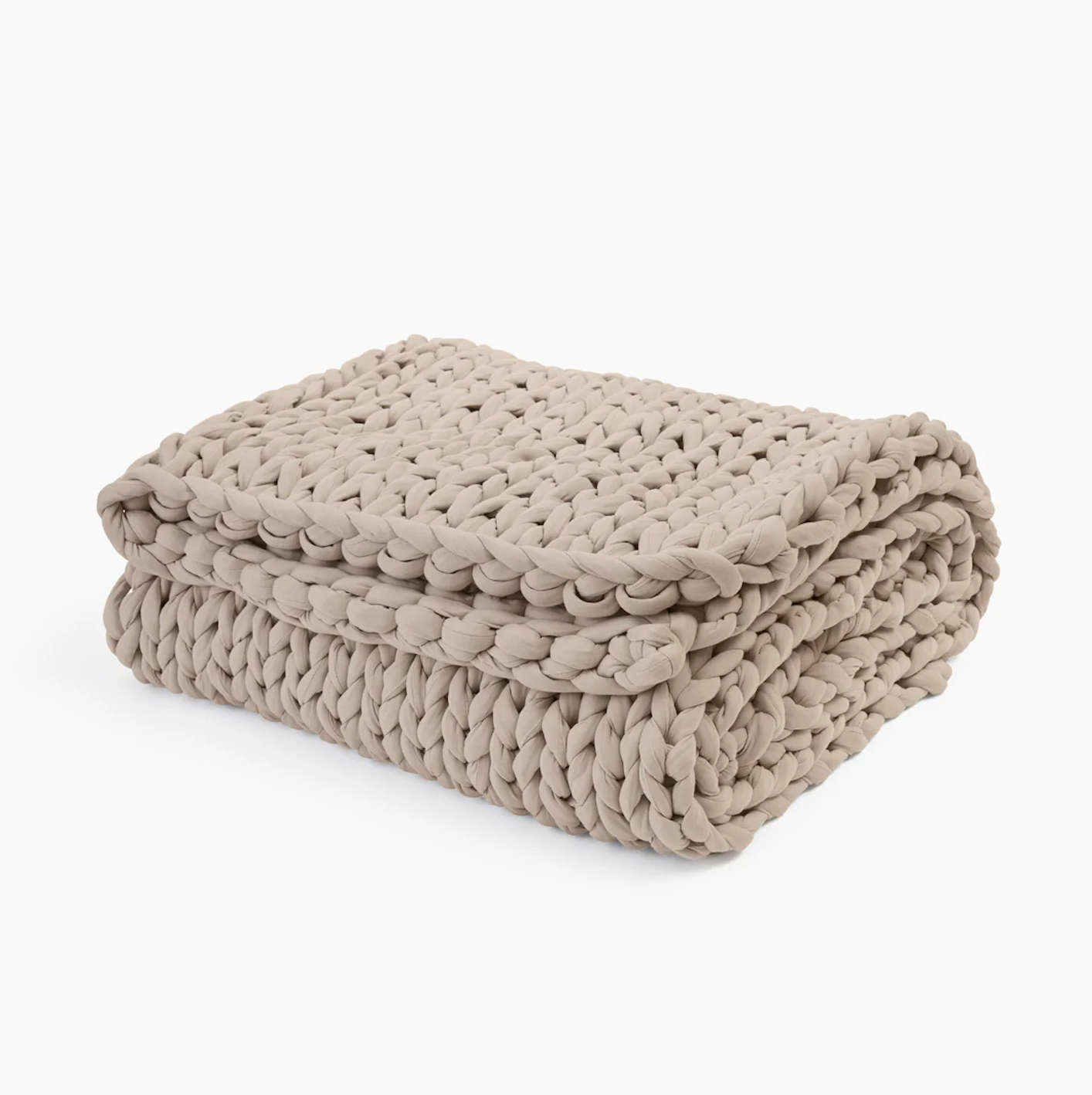
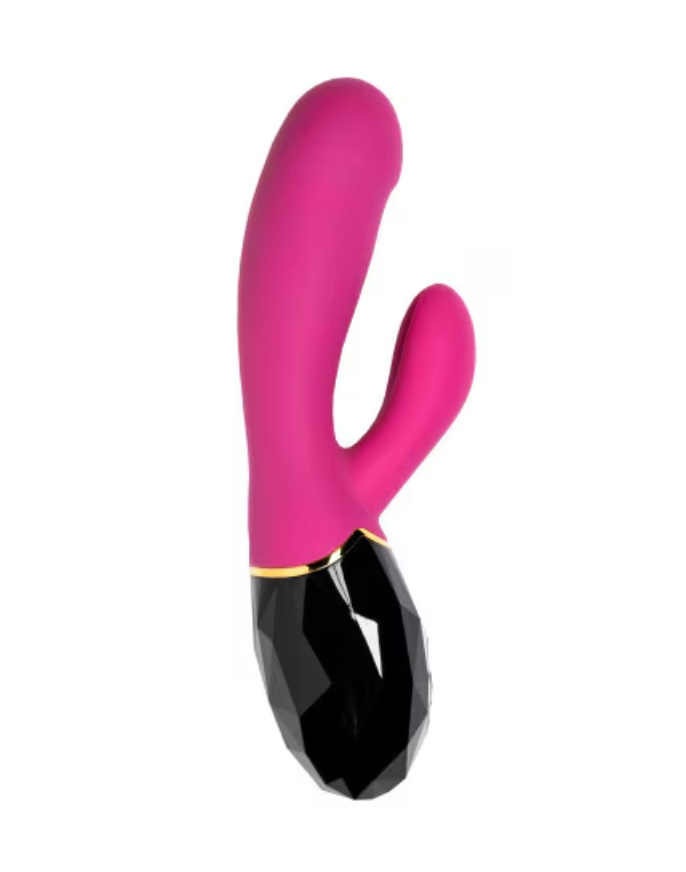
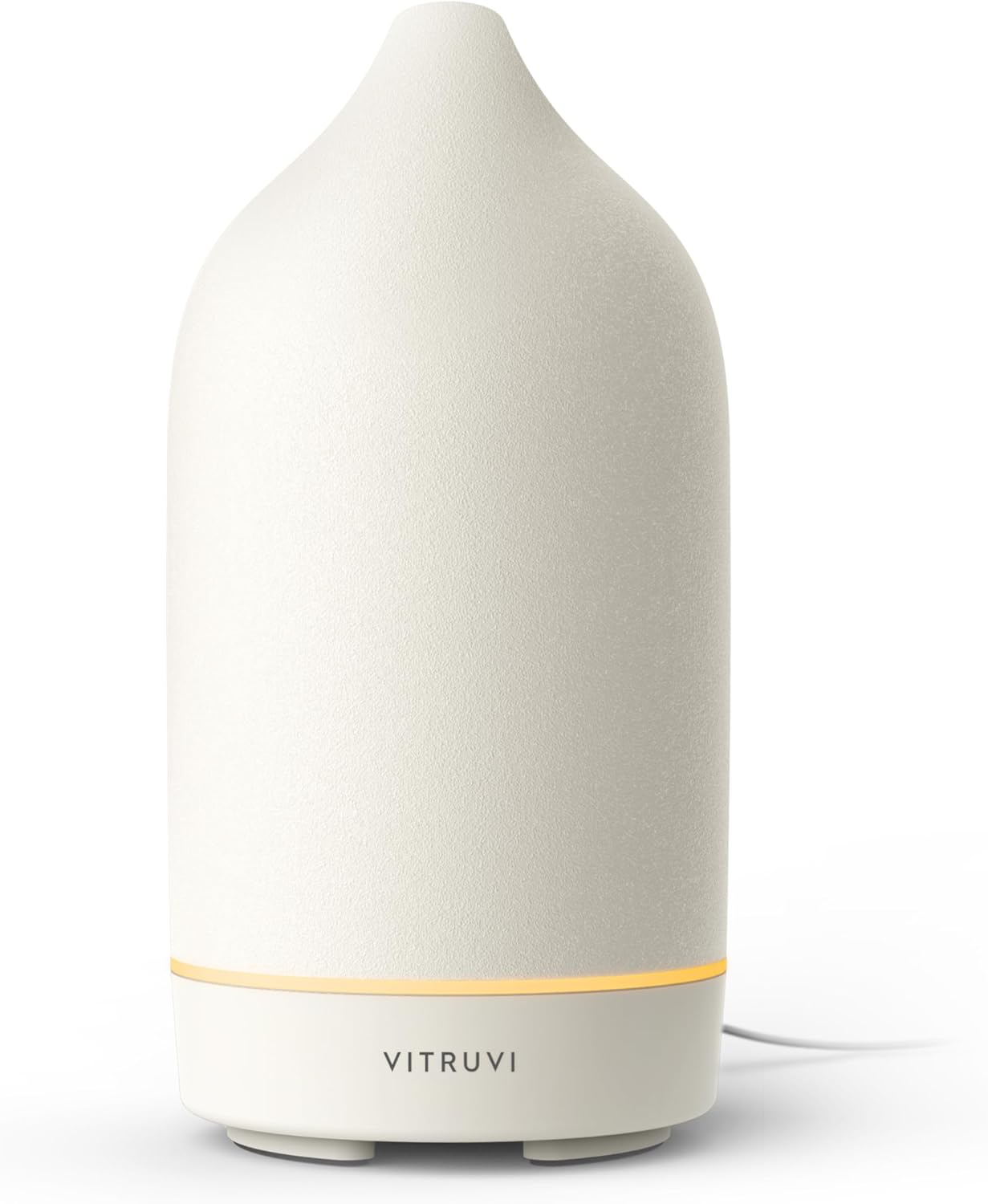
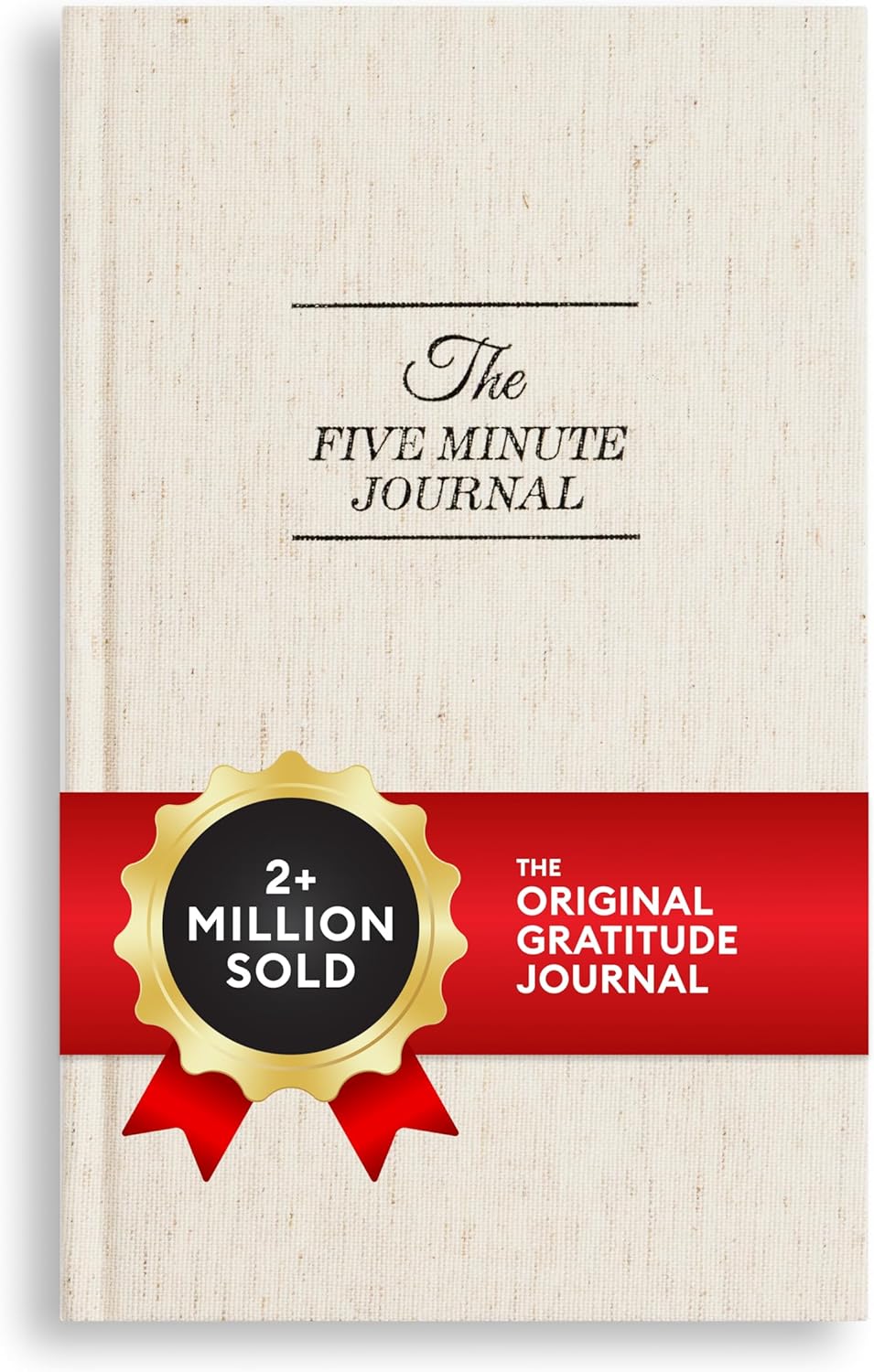
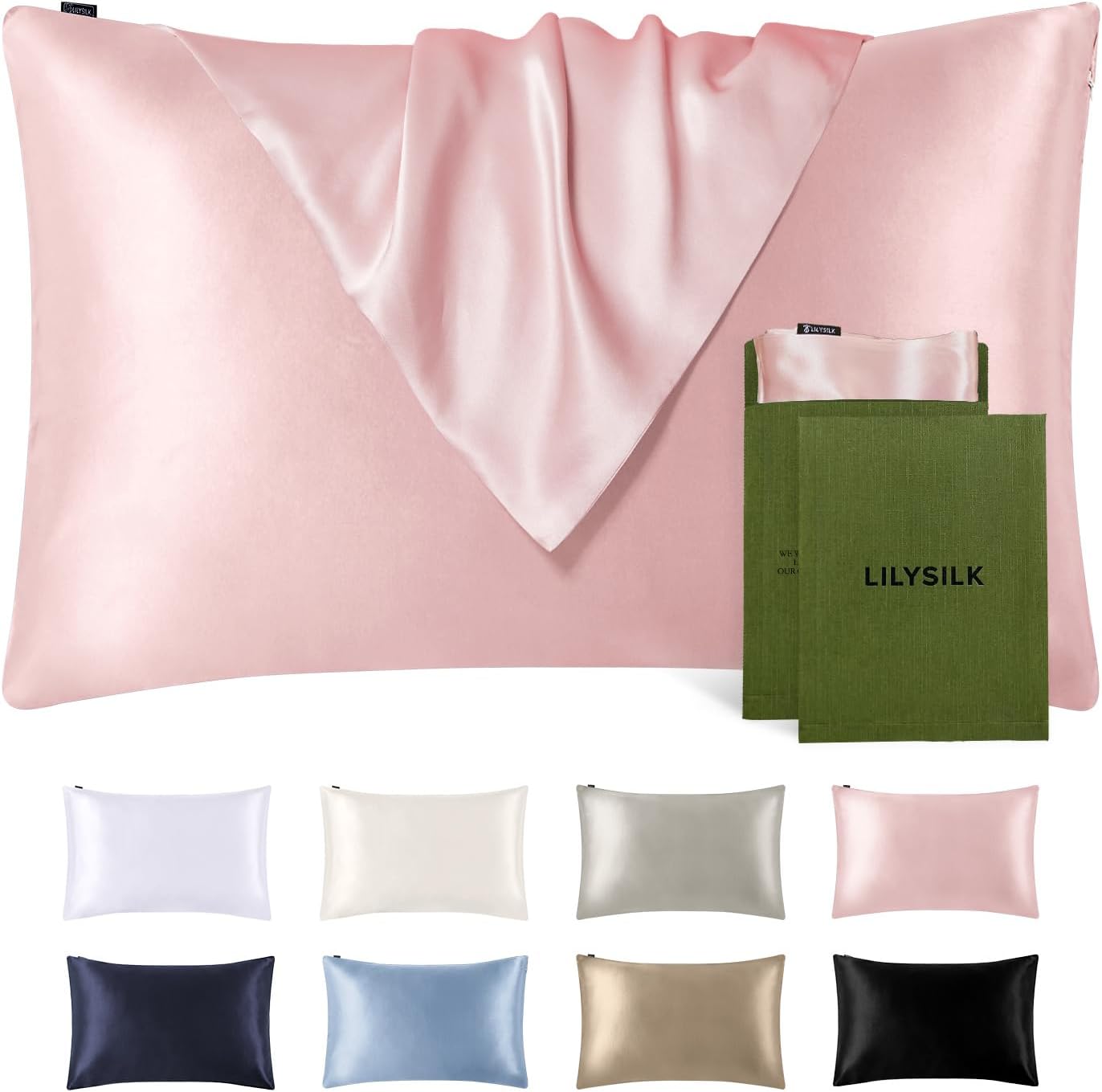

Photography Direction by Michael Quinn – @_mq______
Production by The Morrison Group – @themorrisongroup
Special Thanks to Luxe Sprinter LA


